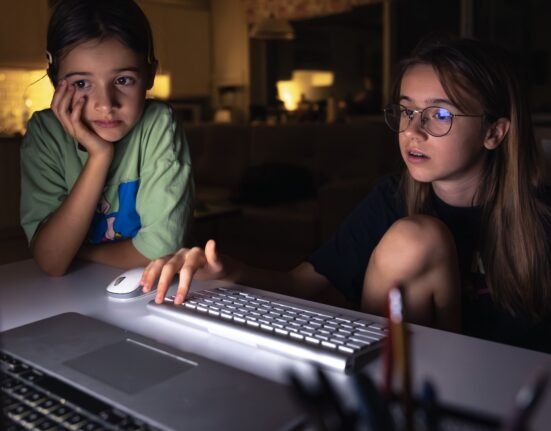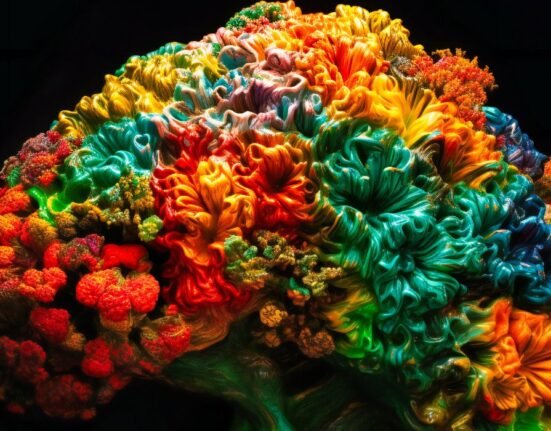Towards the end of the Mahabharata War, all those concerned in fighting for the right to throne experienced such extreme exhaustion and trauma that they no longer had the wish to either continue the war or to have exclusive rights to the throne. Such a feeling of detachment, exhaustion and the like is very natural for the concerned parties to experience but when this feeling is prolonged such that it starts interfering with the everyday life of an individual he/she is trying to readjust to; we term this condition as Post-Traumatic Stress Disorder (PTSD) in psychology.
When a person is situated in circumstances of extreme stress such as natural disasters, severe traumatic experiences such as child abuse, war etc, such that there is a visible threat to life and which is not in control of that person; he/she is most likely to develop this condition of PTSD. In life, from time to time we find ourselves in situations from which no easy escape or respite is possible. These situations bring out marked psychological changes in any person’s life and inadvertently puts him/her in extreme stress, fatigue, fear of death and living etc. It is also possible that the person might experience recurrent flashbacks of the trauma experienced, have constant nightmares showing its effect on one’s body. These two can be said as being at the core of PTSD.
When a person experiences a traumatic situation, say a natural disaster, it is very possible that he/she goes into a numb state wherein the person is not in a state to perceive and process the events occurred. The person might be in extreme shock, and efforts to bring that person back to the reality might only worsen the condition further. It should be realized that no person after a traumatic situation is in a state to verbally express the experiences or feelings presently experienced. It is then the body language and the little cues here and there which express the agony of that person.No one can force this person to speak up before he/she is ready to do so. Often silence of such a person speaks volumes wherein this silence highlights the magnitude of the event, as well as, how unpredictable and debilitating it had been. In other instances, people can be observed as engaging in such activities which actually makes one question the grief they might be experiencing. Carrying forward the same example of a natural disaster; any natural disaster first and foremost destroys the very basic need of food and shelter for any human being. In such a scenario, it is most likely that a person’s way of coping with the loss and grief is to divert one’s attention to the material comforts of food, house and other facilities. For a lay person, this might come across as very unusual but in reality, the grief-stricken person is unconsciously processing the traumatic events through these needs. Again, if there is no growth or process seen such that slowly from basic needs, the person gradually proceeds to speaking about the event albeit indirectly; it can then become a cause for concern. It is most commonly observed that witnesses to the natural disaster or any other grave event may be surrounded by various concerned authorities who might wish to know the series of events which occurred. The probable inaccuracy of details involved in the event and those shared by the witness might often be misunderstood and shown in a bad light. It must be realized that a person who has just experienced an extremely traumatic situation is very high on emotions and there is no way that he/she would have noticed the finer details which led to that event. It is gradually when these emotions find a space to be processed that he/she might allow oneself to think back on those details of the event.
This pandemic has been nothing short of a trauma. To be in constant fear of contracting the virus lurking around, fear of losing near and dear ones, being locked up within the four walls of the house even with the positive consequences of spending time with family is stressful and traumatic. During this pandemic and most importantly later when the pandemic hopefully recedes, it is most likely that people might suffer from the condition of Post Traumatic Stress Disorder (PTSD). You must have observed that more than the fear of coming in contact with the virus; there is a fear of the virus itself. Since the start of the virus and in present times too, we can observe extreme attitudes such that on one hand, there is complete denial, indifference noticed as a result of which people can be seen roaming outside in large crowds, not following the guidelines etc and on the other hand extreme awareness, paranoid kind of a lifestyle being followed by people who have become very critical of one’s hygiene rules and constant doubts being entertained on various aspects of life. Both these attitudes are in reality coping styles owned by the people who are trying to adjust and live as normally as possible. These coping styles perhaps effective in present times might not be so in the near future. There is also the frustration, anger, irritation in one’s attitude towards the virus which in various ways are constantly externalized onto other often unrelated objects, people, situations etc as a result of which there is increased violence, humiliation, abuse etc during the lockdown. All these circumstances, to reiterate, point at a possible breakdown of defenses in people after this pandemic recedes and thus it is our responsibility as members of the mental health field to better understand the plight of people and help in maintaining the very essence of being a human in such testing times.












Leave feedback about this